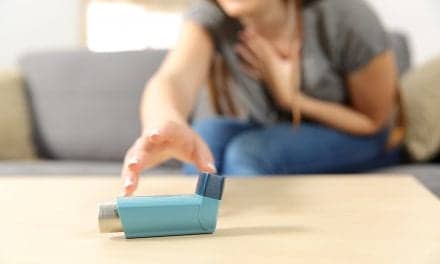As sleep professionals and patients await repaired or replaced devices, many turn to in-line filters that are readily available over the internet. But are the filters effective against foam particulates and off-gassing?
These filters are easy to obtain from online retailers, but there is no evidence they are effective at removing gaseous chemicals. Indeed, the FDA has released a statement stating that in-line filters will not protect consumers from chemicals produced by the polyester-based polyurethane foam inside the recalled Philips machines. It further states, “The FDA does not have evidence of the safety and effectiveness of a filter for mitigating the foam risks, and the FDA’s evaluation is ongoing.”
The in-line filters, Philips says, may trap some foam particles and prevent them from irritating the patients’ airways, but questions remain on just how effective they are for that purpose.
“Product specifications commonly do not always clearly elaborate on performance, such as the particle diameter at which the filter will efficiently remove particles, though they may make more general statements about filtration,” explains Shannon Sullivan, MD, the American Academy of Sleep Medicine’s (AASM) public safety committee vice chair in an email to Sleep Review.
If a company is claiming that filters are N95, meaning they filter at least 95% of very small particles less than .3 microns in size, then they are regulated by the FDA and have to submit data to support their claims. But few, if any, companies that make in-line CPAP filters make such specific claims about what their products are capable of filtering, explains Kristen Hedger Archbold, RN, PhD, co-founder and CEO of Azimuth Sleep Solutions, which produces a N99-rated CPAP mask (not in-line) filter called the PortPatch.









